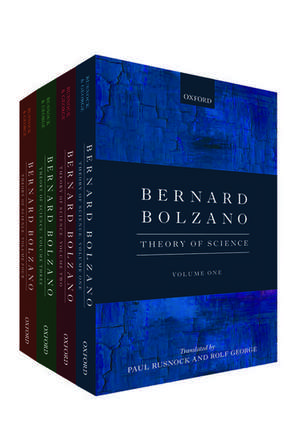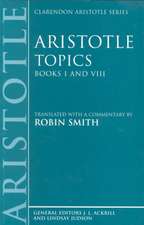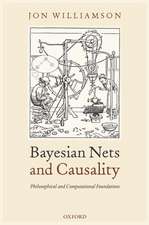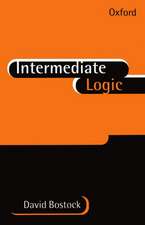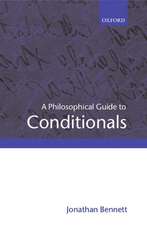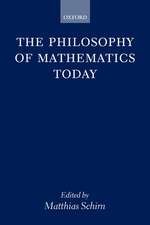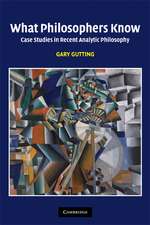Bernard Bolzano: Theory of Science
Traducere de Paul Rusnock, Rolf Georgeen Limba Engleză Quantity pack – 27 mar 2014
Preț: 3050.80 lei
Preț vechi: 4607.54 lei
-34% Nou
Puncte Express: 4576
Preț estimativ în valută:
583.76€ • 611.14$ • 483.03£
583.76€ • 611.14$ • 483.03£
Carte disponibilă
Livrare economică 05-11 martie
Preluare comenzi: 021 569.72.76
Specificații
ISBN-13: 9780199684380
ISBN-10: 0199684383
Pagini: 2044
Dimensiuni: 163 x 240 x 131 mm
Greutate: 3.62 kg
Editura: OUP OXFORD
Colecția OUP Oxford
Locul publicării:Oxford, United Kingdom
ISBN-10: 0199684383
Pagini: 2044
Dimensiuni: 163 x 240 x 131 mm
Greutate: 3.62 kg
Editura: OUP OXFORD
Colecția OUP Oxford
Locul publicării:Oxford, United Kingdom
Recenzii
The four volumes under review here represent a major undertaking of careful translation and critical analysis...Each volume in the Oxford edition of Bolzano's Wissenschaftslehre ends with Bolzano's own subject indexes (revealing those subjects in the treatise he regarded as most important, indexed by section numbers), followed by name indexes and the translators' own subject indexes (reflecting interests of the modern read, and indexed according to volume by page numbers). ... [H]istorians and philosophers of mathematics, especially those who do not read German, will find this an invaluable resource, in particular for appreciating the ways in which mathematics informed the development of Bolzano's critique of the sciences
After 177 years, thanks to Paul Rusnock and Rolf George, we finally have the complete English translation of Bolzano's monumental work Theory of Science, the great unknown classical work in logic and epistemology. The translation is excellent, both in keeping the flavor of nineteenth-century books and in being eminently readable.
After 177 years, thanks to Paul Rusnock and Rolf George, we finally have the complete English translation of Bolzano's monumental work Theory of Science, the great unknown classical work in logic and epistemology. The translation is excellent, both in keeping the flavor of nineteenth-century books and in being eminently readable.
Notă biografică
Bernard Bolzano (1781-1848) made outstanding contributions to many areas of philosophy as well as to mathematics and theology. In mathematics, he is best known for his work in analysis and the foundations of mathematics, which included rigorous definitions of continuity and convergence as well as the construction of a continuous, nowhere-differentiable function and anticipations of Cantor's set theory. His work in logic, presented in the Theory of Science, marks a new beginning in the history of the discipline. Among his discoveries, the most noted are his definition of deducibility, which anticipates Tarski's definition of logical consequence, and his notion of logical analyticity, which closely resembles later concepts of logical truth. On account of these and many other accomplishments, Bolzano is now widely recognised as one of the great philosophers of the nineteenth century.Rolf George is Professor emeritus of Philosophy at the University of Waterloo, Canada.Paul Rusnock is Associate Professor of Philosophy at the University of Ottawa, Canada.
